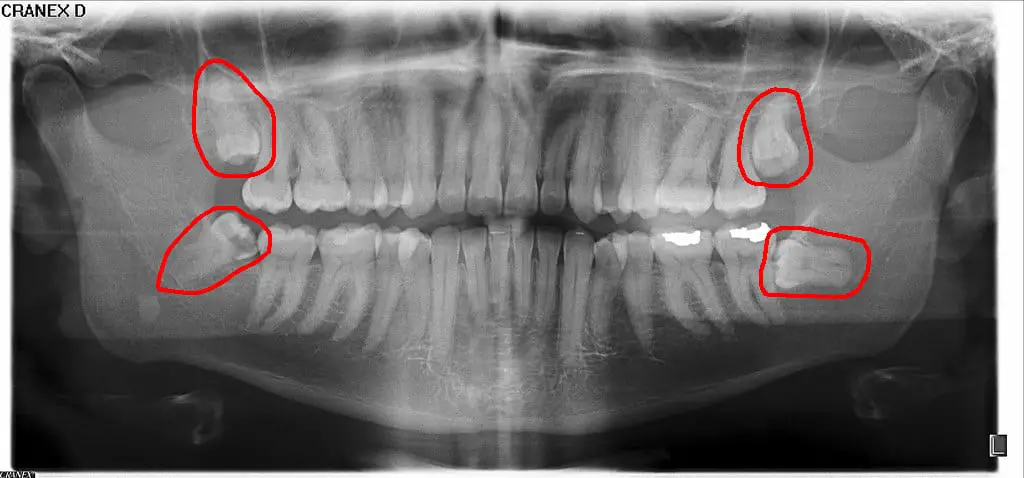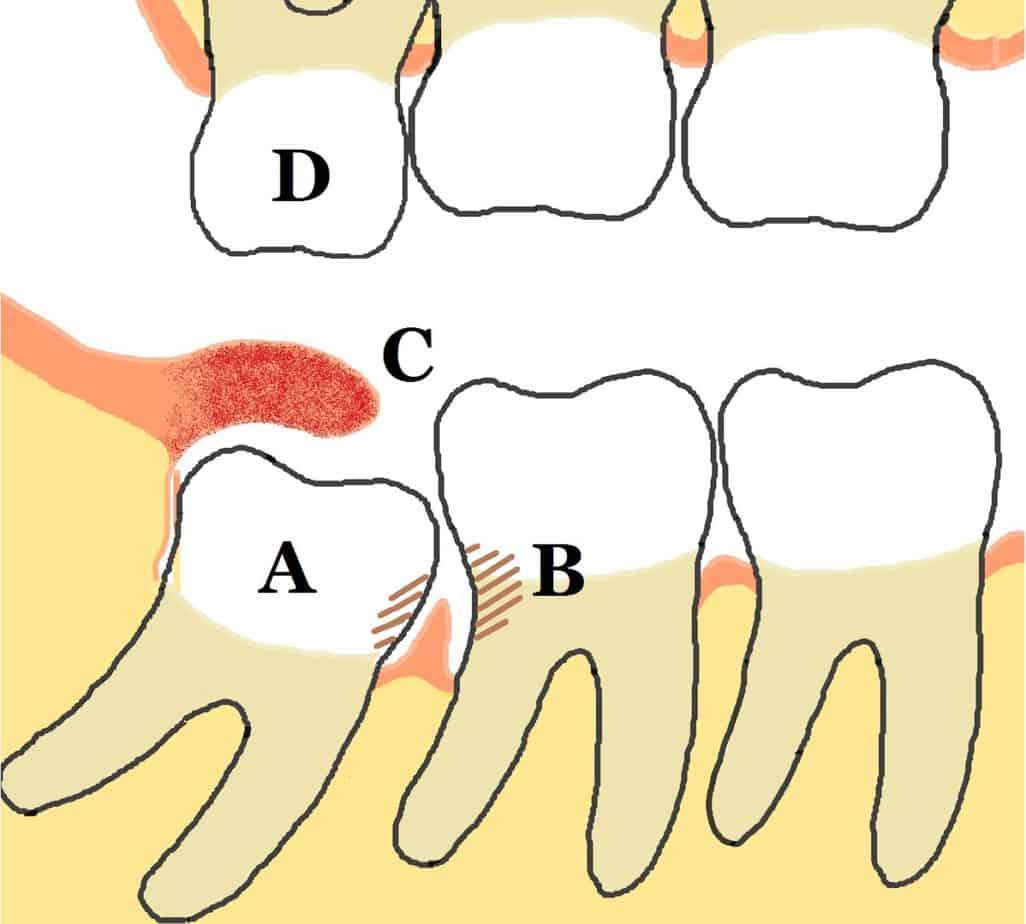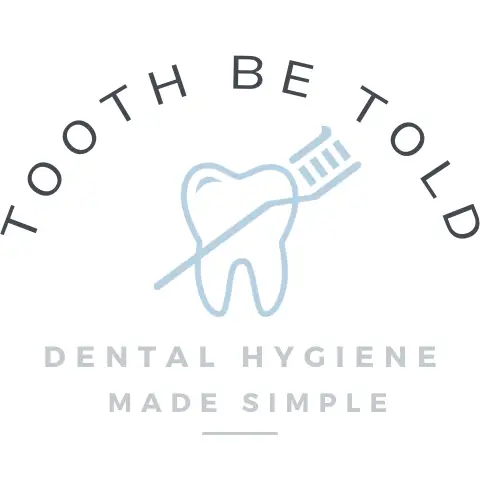
Our third molars, commonly called wisdom teeth, have become a popular topic in the dental chair and online for many reasons, mainly because of their unpredictable nature, a common need for extraction and the most common teeth in the mouth not to develop. But why do some people not have wisdom teeth?
Genetics, evolution, and environment influence wisdom tooth prevalence. Approximately 5-35% of people lack one or more wisdom teeth. Distant ancestors had a greater need for wisdom teeth due to their diet. With brain growth, jawbone reduction, and diet changes, some wisdom teeth do not form.
Because of these reasons (and others that can be seen below) and becoming essentially ineffective teeth, our bodies have adapted over the years, leaving us with fewer teeth. And, of course, people may not have wisdom teeth because they have already been extracted.
In this post, I will explain the science and evolution behind missing wisdom teeth, whether to extract them, and the possible complications wisdom teeth can cause if you indeed have them.
Tracing our roots: How evolution explains missing wisdom teeth
Wisdom teeth usually provide little to no function nowadays, and because of their unpredictable nature, often, when people do have all four, there is not enough room for them in the mouth, or they can erupt at different angles, resulting in teeth that do not perform any masticatory function.
But if you go back a few 100,000 years, they played a pretty important role.
In the very, very distant past, wisdom teeth helped our ancestors eat the food that, in our modern world, we usually use a sharp knife and fork for.
Those rough and tough foods require much more force and function to break down before digestion. As well, wisdom teeth were needed to replace broken or lost teeth. Our teeth’ lifespans are much longer nowadays due to better care and prevention.
The teeth that take the most force in the mouth are your first molars (you get these workhorses when you’re around six).
Because the first molars take the most force load and the way the jaw is slightly curved, your wisdom teeth are barely used.
Even if they can be used, that’s only for the tiny percentage of people who have had them fully erupt in the right direction and provide function.
We aren’t cavemen anymore; with evolution, a few things have changed in our bodies over the years.
But what exactly has changed?
Impact of Brain Development on Wisdom Teeth Absence
Humans went through a substantial evolution period where our brains became larger, making an issue of space in the jaw for those 3rd molars. This change in anatomy made our jawbones get smaller, leaving little room for our wisdom teeth. Consequently, now more people are missing wisdom teeth.
If you are one of the lucky ones (or more evolved), you may be missing some or all four wisdom teeth!
Fun fact; we actually used to have another set of teeth behind the wisdom teeth, I even have a couple of patients who have an extra tooth, or on their x-ray, you can see that the wisdom teeth look like another tooth is fused to it. It’s incredible to see this evolution firsthand in my dental chair!
I’ve had only a couple of patients in all the years I have been practicing that have had extra teeth, and they have looked like tiny little pegs with not a lot of detail, more resembling a long blob as mentioned above, and they can even fuse to the teeth in front of it.
Modern dietary impacts
Our eating habits have also evolved substantially from our distant ancestors. Millennia ago, the diet of humans consisted of more raw foods that were much tougher and required more chewing force.
To masticate the more robust foods such as raw uncooked meat and plant fibres, our jaw muscles had to be much more robust, and we needed a more expansive dental arch with more teeth to break down the tough foods for better digestion.
Because of this transition to softer foods and cooking techniques, the demand for rigorous chewing decreased, and our bodies started to evolve and reduce the need for wisdom teeth.

Wisdom teeth removal: To extract or not?
It’s a big topic when you turn 16; when are you getting your wisdom teeth out, and what holiday or vacation time will it impede? Also, as people age, issues such as cavities, gum disease, and broken teeth can happen to wisdom teeth, negatively impacting the teeth in front of them.
Read Now: Alcohol Use After Wisdom Tooth Surgery: A Professional Guide
As people age, healing time, risk of infection and complications are more common. That is why wisdom teeth are removed at a younger age when we can already see that there will not be enough room in the mouth for them.
Oral surgeons prefer to extract wisdom teeth when the roots of the wisdom teeth are not fully developed, making them easier to extract and less risk to the nerve in the jawbone.
Getting wisdom teeth extracted has such a bad reputation.
Let me remind you: People aren’t jumping up and down to tell people how wonderful their wisdom teeth extractions went. So you’re only going to hear the bad stories.
These exclamations of extraction horror stories and funny videos on YouTube can make people fear dental work. They can often make people want to skip the whole procedure altogether.
Read Now: How Long After Tooth Extraction Can I Use a Straw?
This may haunt them in the long run because the list of problems associated with keeping wisdom teeth is quite long.
Dental hygiene challenges; Wisdom teeth care
From my perspective as a dental hygienist, wisdom teeth can be pretty tricky. Wisdom teeth can grow in various directions, have different shapes and sizes, and do not conform to a standard tooth anatomy.
Because of these reasons, cleaning them can be tricky, mainly because the gum tissue comes up higher around them due to the anatomy of the mouth. This causes deeper spaces between the gums and the teeth, allowing food to quickly become trapped and more challenging to keep clean, which can increase the risk of developing gum disease.
Why are wisdom teeth so hard to keep clean?
There is a natural curvature of your lower jaw (mandible). This curve goes upwards the farther back it goes. This causes the gum tissues to come up higher on the wisdom teeth vs. the front teeth.

C- Operculum
As mentioned above, you may even have an operculum of tissue extending onto the tooth’s biting surface, which can trap food and bacteria, leading to a possible infection.
The cheeks and tongue get in the way, too, and sometimes they have a mind of their own. The cheeks and tongue muscles can contract without you even realizing it, pushing the toothbrush away from the gums.
A smaller tool to help get in those small spaces may work better than a bulky toothbrush head.
I often recommend that my patients use a Sulcabrush to clean away the food and bacteria. The brush comes to a fine point and is angled to get the back of the teeth and clean it.
to clean away the food and bacteria. The brush comes to a fine point and is angled to get the back of the teeth and clean it.
Another winner is the Waterpik, which blasts water under the gums to rinse the food and bacteria away. Most of the bacteria that cause gum disease cannot live where there is oxygen, so using the Waterpik creates an environment under the gums where the bacteria cannot thrive and duplicate.
This gives your body a chance to heal itself, improving the health of the tissues around the teeth and preventing gum disease.
The importance of regular dental care with wisdom teeth
Regular dental appointments can prevent, discover, and treat the issues associated with wisdom teeth. Maintaining your oral health will help keep your overall body healthy.
We take an x-ray to check for wisdom teeth around the age of 15-16. This is the average age that you will need to be assessed. It is easier to extract wisdom teeth when the roots have not fully formed and are not anchored in the jaw bone.
We usually refer to an oral surgeon because, honestly, they do it day in and day out, having all of the necessary equipment. This can mean an easier recovery and less chance for complications.
If the extractions are very straightforward and the teeth have erupted into the mouth, a regular dentist may take them out if they see fit.
We’ve covered a lot about wisdom teeth here, and I hope you have found at least one thing to be informative!
Have a great day,
Holly 🙂

